My mum’s notebooks are a piece of social history
They were among my late mother’s most prized possessions and itemise the weekly costs of running a family home in the 1950s and 1960s.
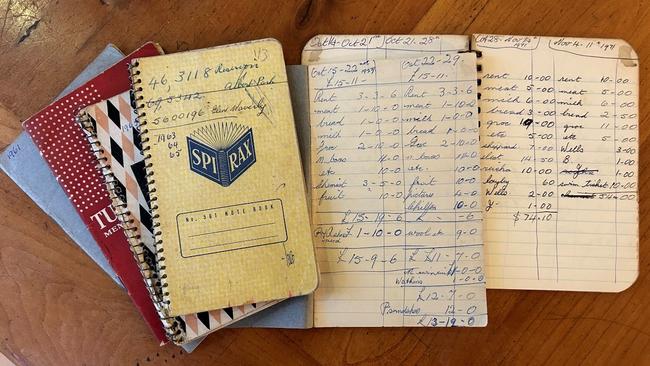
They were among my late mother’s most prized possessions. More than 20 years ago she passed on to me her collection of handwritten notebooks that itemised the weekly costs of running a family home in the 1950s and 1960s.
In one sense these notebooks deliver an insight into Australian cultural history. In another sense – in her world – it was a way of managing her family’s finances. Each page is dated. Each book begins with dad’s wage. Her sums are never crossed out, never corrected. Every penny is accounted for. Here are the workings of a girl who left school at 14.
My father worked as a shop assistant in the local co-op in our country town. By the late 1950s our family was complete: mum, dad and six kids. We lived in a three-bedroom housing commission house which I am pretty sure dad got because he had been in the army.
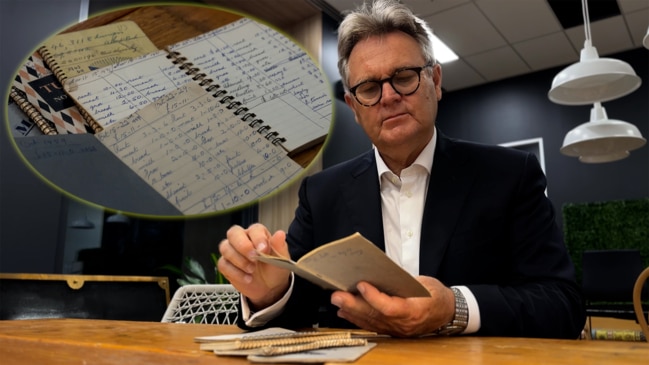
Dad’s weekly wage in 1959 (for five and a half days’ work) was £15. Rent was just over £3, or 20 per cent of his after-tax pay. The balance was allocated to groceries and bills. On this wage at that time a single income earner working in one of the most common jobs in Australia could just – and I do mean just – support a family of eight. It required access to public housing. At that time Terang had perhaps 800 dwellings, including about 30 housing commission houses.
Dad’s weekly wage was augmented by a second job driving school buses. He also worked on the gate at the local harness racing (trots) events. Together with mates he would cut wood for the kitchen’s combustion stove and the loungeroom’s open fire. We had an extensive vegie patch on our quarter-acre block, and a hand-built chook shed. In autumn we’d go mushroom picking on surrounding farmlands. We would return from visits to our grandparents with buckets of plums and nectarines which mum preserved for “pudding” (all dessert was called pudding).
By the early 1970s the weekly rent for the same house was $10, which was then 14 per cent of dad’s after-tax weekly wage. Three of my siblings had left home by that stage, reducing the household’s running costs. And my mother was also working (as a shop assistant), adding to the household income. All of a sudden, our circumstances changed. We got the phone on!
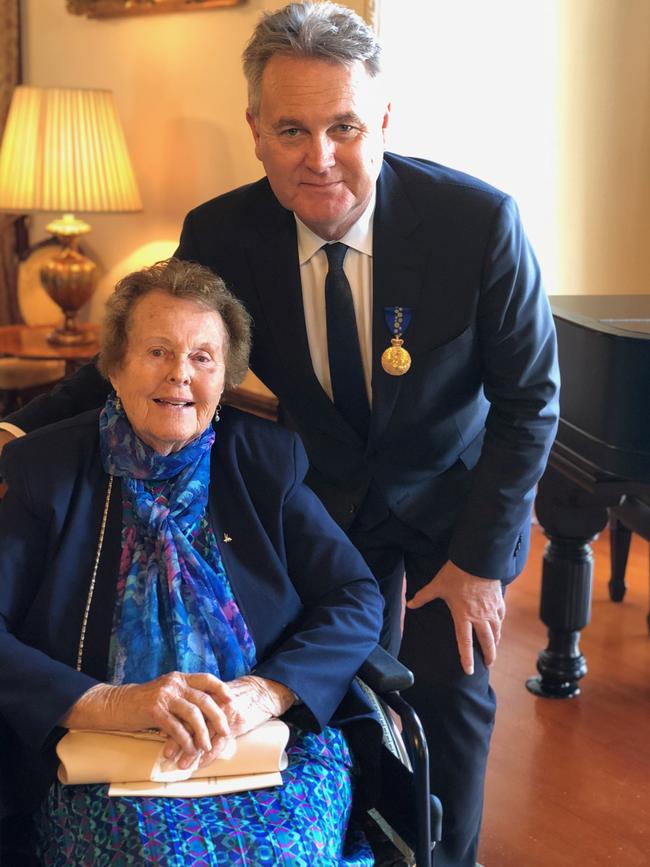
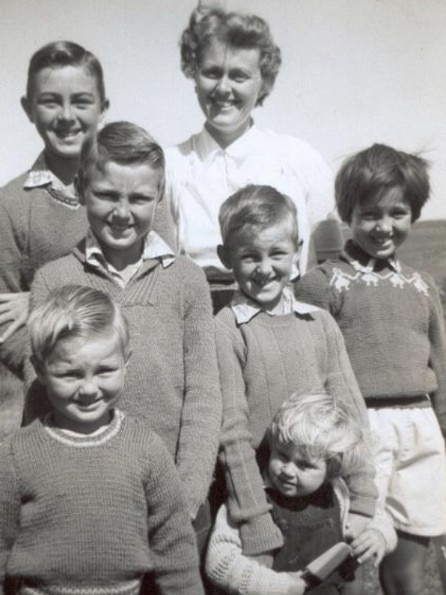
Mum and dad flew to Hobart to visit my oldest brother who was working as a musician at the casino. And on a family trip to Geelong mum announced she wanted to try Chinese food! We were dumbfounded. It cost something like $10 but it was like nothing we had ever tasted before. You see, the Chinese steam their vegetables! Why hadn’t we thought of that?
Looking back, I am eternally grateful that our family got access to public housing. It wasn’t just the house, it was the dignity that came with having a place of our own, even if it was rented. Without it I suspect our family would have been raised in a cottage attached to a remote station property in Western Victoria.
Town life gave me access to a high school, to sporting families, to a train line to Melbourne. Australia gave my family a leg up via public housing. My mother built upon that legacy by navigating a pathway forward using a pen dipped in ink, then a biro, and a series of everyday notebooks.




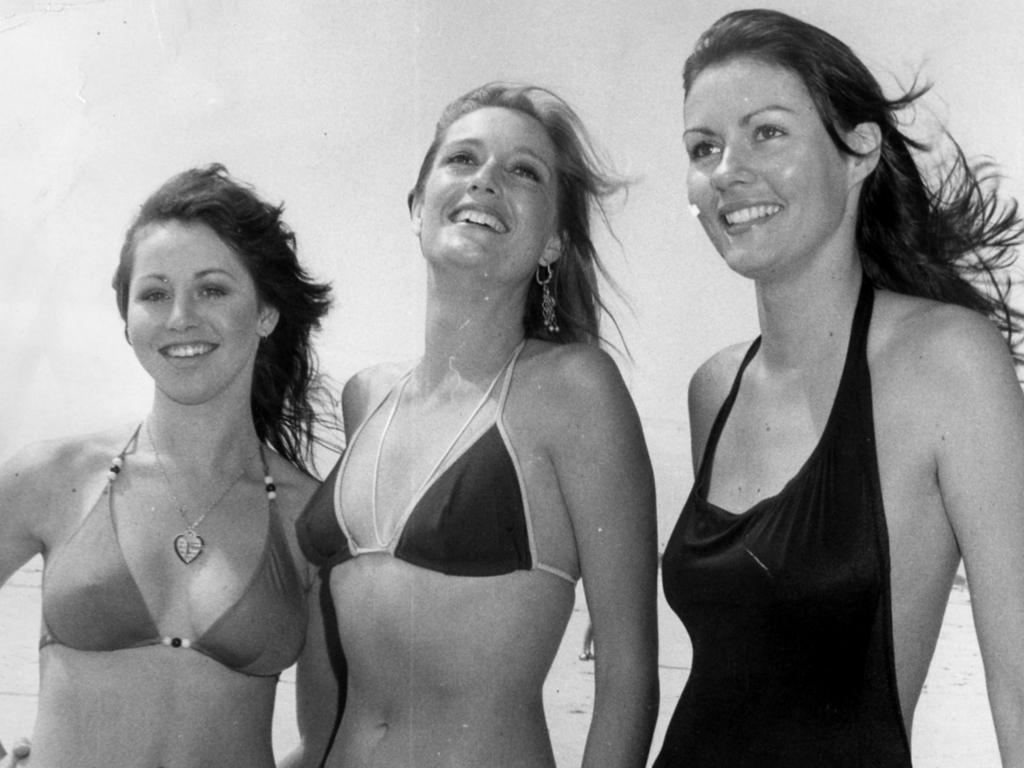



To join the conversation, please log in. Don't have an account? Register
Join the conversation, you are commenting as Logout